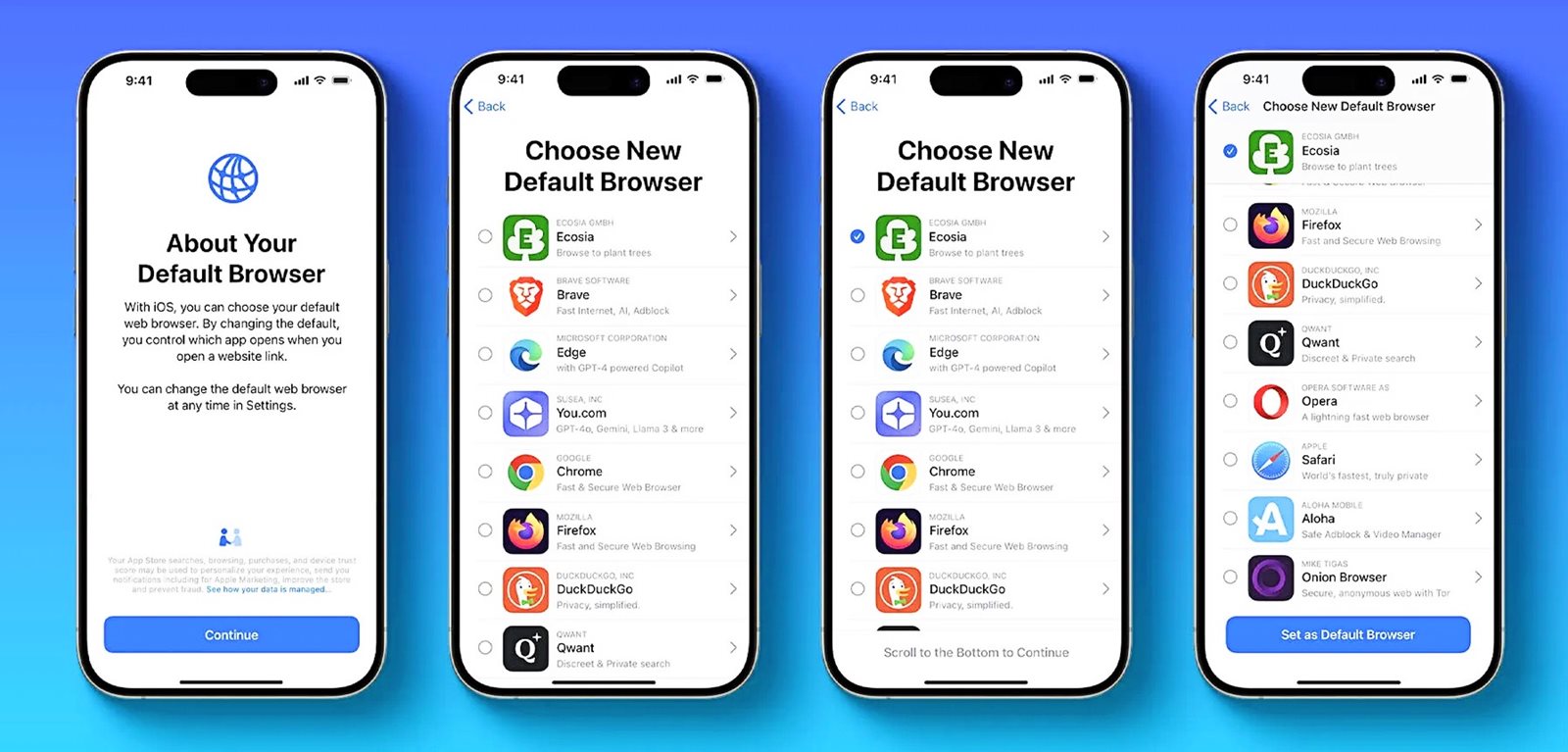Digital insights
september 2024

Once again, our Human Digital team has compiled the latest digital developments and news for this month. We observe a shift within Instagram, limited growth opportunities for Meta and Spotify, Apple making changes to allow the removal of default apps, and Microsoft introducing a new AI feature.
Instagram as the new MySpace: adding music to your profile
It is now possible to add music to your Instagram profile. When editing your profile, you can search Instagram's music database. These tracks can also be used in your posts. The music clip you add to your profile can be up to thirty seconds long. The song will appear under your profile description and will play automatically.
Source: Tweakers.net
Limited growth opportunities for Meta and Spotify due to complex legislation
In the EU, AI legislation is so complex that it hinders companies like Meta and Spotify from growing. In a joint statement, the CEOs of both companies, Mark Zuckerberg and Daniel Ek, expressed their concerns about this complicated and inconsistent regulation, which they believe stifles innovation. They cite the GDPR as an example of legislation that causes delays and uncertainty, and they call for clearer policies to prevent Europe from falling behind in technological innovation.
Source: Emerce.nl
Apple implements changes for the EU: removable default apps
Apple will soon offer an update that allows iPhone and iPad users in the EU to remove the App Store and other default apps, such as Messages and Photos. The only apps that cannot be removed are Settings and Phone. Additionally, a new browser selection screen will provide descriptions of alternative browsers, and more extensive default settings will be available for various apps, including phone and messaging services. These changes are intended to provide more freedom of choice to users and to comply with European regulations.
Source: Bright.nl

Microsoft to introduce new AI feature in october
Microsoft's new AI search feature, Recall, will be available starting in October for members of the Windows Insider Program with Copilot+ PCs. Recall takes screenshots of your screen, allowing you to retrieve information later. Microsoft introduced this feature in May 2024 as a way to find forgotten or lost files and information by continuously monitoring computer activities and creating a structured timeline of files and conversations. Following concerns and criticism about privacy, users must explicitly give permission.
Source: Bright.nl
Questions or comments, or would you like to discuss your query? Fill in the form below, and we will get back to you as soon as possible.